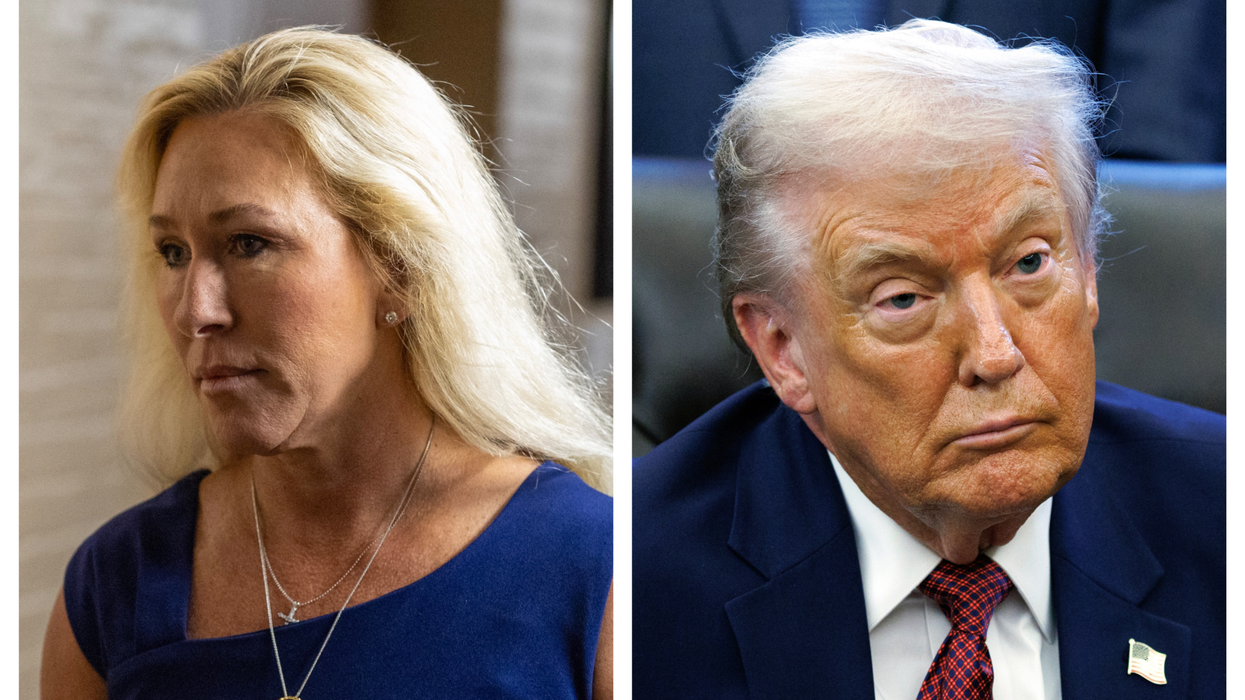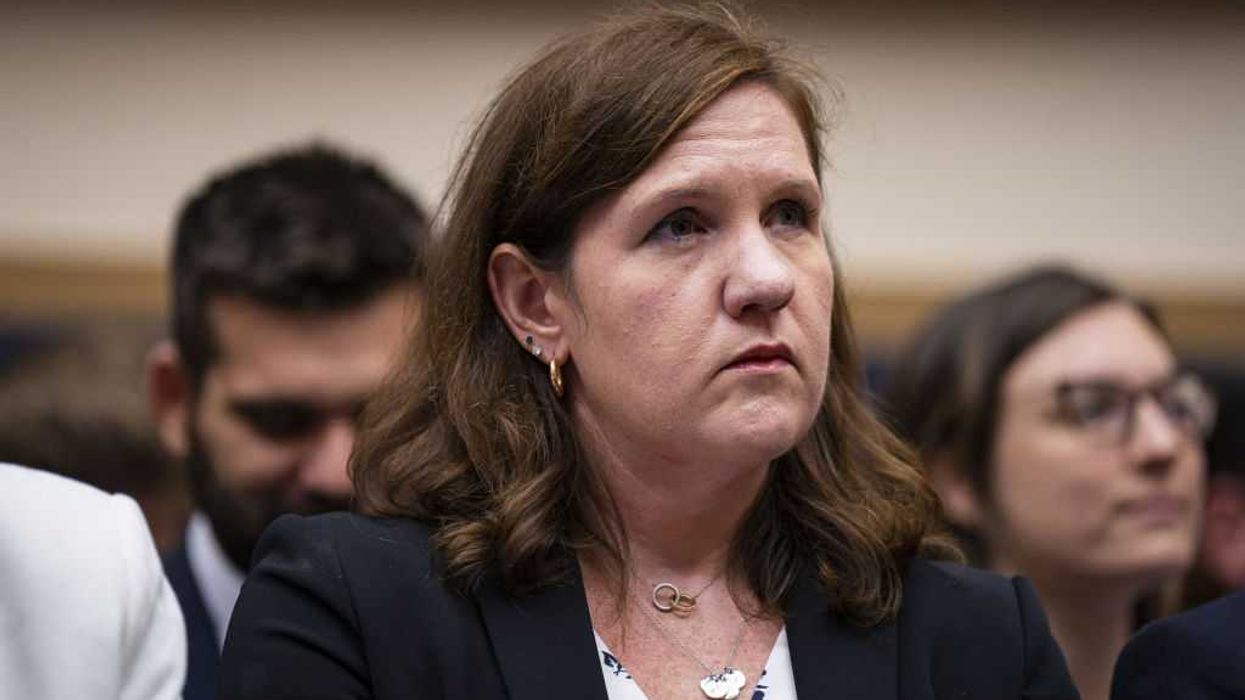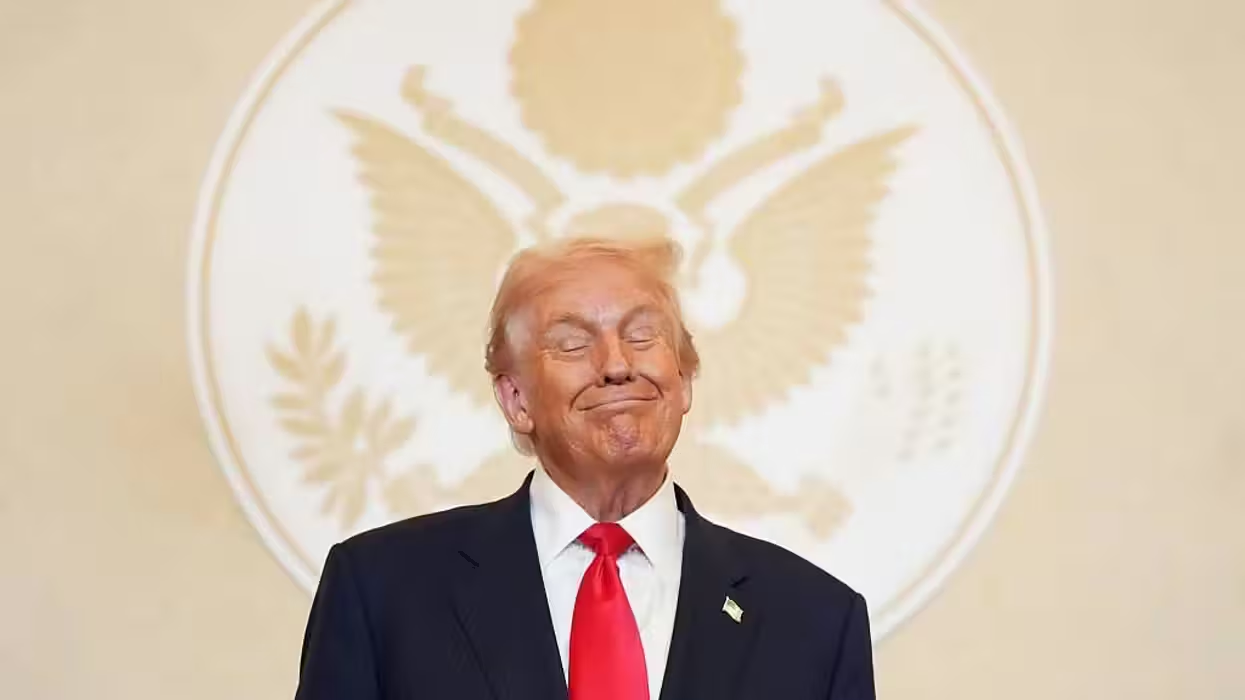
© 2025 Blaze Media LLC. All rights reserved.
AT&T Abandons T-Mobile Merger Due to Opposition from the Obama Administration
December 19, 2011
"...they should allow the free markets to work..."
AT&T said Monday that it's ending its $39 billion bid to buy T-Mobile USA after facing overwhelming opposition from U.S. regulators and the Obama administration.
Monday's announcement came as little surprise after the Justice Department sued on Aug. 31 to block the merger. The deal looked further in jeopardy when the Federal Communications Commission's chairman also came out against it.
The Financial Times reports:
The move – a rare upset for a deal of its size – represents a significant setback for AT&T under the management of Randall Stephenson, chief executive, who saw the purchase as a way to overcome a shortage of wireless spectrum facing AT&T because of the rapid growth in data-hungry smartphones such as Apple’s iPhone.If the deal had been completed, the second and fourth-largest US mobile network operators would have been combined to create a new US market leader with more than 130m subscribers and put 75 per cent of the industry in the hands of Verizon Wireless and AT&T.
AT&T will now have to pay Deutsche Telekom (T-Mobile USA's parent company) $3 billion in cash as a breakup fee and give it about $1 billion worth of airwaves, known as spectrum, that AT&T doesn't need for the continued rollout of its high-speed "4G" network. It will also enter into a roaming agreement with Deutsche Telekom so that AT&T's and T-Mobile's customers can use each other's networks.
“AT&T, which announced the deal in March originally, blamed its failure on ‘the actions by the Federal Communications Commission and the Department of Justice,’” writes Paul Taylor and Helen Thomas of the Financial Times.
After AT&T killed the deal on Monday, the company is back to square one in trying to figure out how to meet the growing--and almost furious--demand for spectrum.
Randall Stephenson, who took over as AT&T’s chief executive in 2007, was not happy that the company had to abandon the merger.
“To meet the needs of our customers, we will continue to invest,” he said.
“However, adding capacity to meet these needs will require policymakers to do two things. First, in the near term, they should allow the free markets to work so that additional spectrum is available to meet the immediate needs of the U.S. wireless industry, including expeditiously approving our acquisition of unused Qualcomm spectrum currently pending before the FCC. Second, policymakers should enact legislation to meet our nation’s longer-term spectrum needs [emphasis added],” he said, according to the Financial Times.
Many people, however, believe that AT&T had overstated the spectrum crisis.
First, there is the matter of the banks. Some analysts believe that this alone was a good reason for the Justice Department and the FCC to block the deal.
See, involved in the merger deal were seven investment banks. These banks were set to pocket an estimated “$153 million in fees related to the transaction, with the bulk of M&A fees payable on the deal’s successful closing,” according to Thomson Reuters.
Antitrust experts and other industry advisers have “questioned the wisdom of AT&T and Deutsche Telekom pursuing the combination, arguing that the pairing had long been deemed almost impossible to be cleared by government watchdogs.”
Indeed, with much to gain from the merger, it might be easy to see why some analysts believe that individuals involved in the deal were overstating their case.
Then there is the question of AT&T's actual spectrum usage.
"AT&T already has an ample supply of unused wireless spectrum that it plans to use to expand its network over the next several years," the AP explains. "And much of T-Mobile's spectrum is already in use, so the deal wouldn't have resulted in fresh airwaves becoming available."
"Furthermore, AT&T has made great strides in addressing network congestion in such cities as New York and San Francisco not by tapping its unused spectrum, but by upgrading its cell-tower equipment," the AP continues.
Still, with the merger killed, AT&T's best bet to acquire airwave space is through a possible spectrum auction--through the FCC. Or, if it doesn't like that option, it can always buy spectrum from satellite cable operator Dish Network--which could require an FCC waiver.
The Associated Press contributed to this story.
Want to leave a tip?
We answer to you. Help keep our content free of advertisers and big tech censorship by leaving a tip today.
Want to join the conversation?
Already a subscriber?
more stories
Sign up for the Blaze newsletter
By signing up, you agree to our Privacy Policy and Terms of Use, and agree to receive content that may sometimes include advertisements. You may opt out at any time.
Related Content
© 2025 Blaze Media LLC. All rights reserved.
Get the stories that matter most delivered directly to your inbox.
By signing up, you agree to our Privacy Policy and Terms of Use, and agree to receive content that may sometimes include advertisements. You may opt out at any time.






